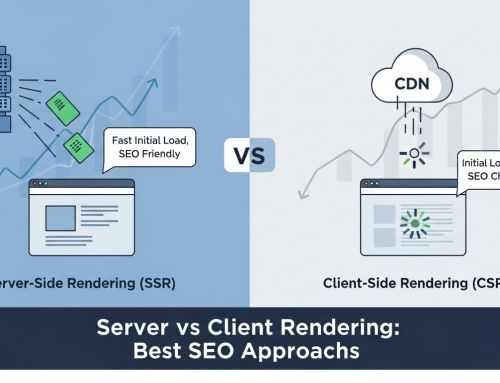What Is a Page Title in SEO?
In SEO, a page title is the HTML element that specifies the title of a webpage. It’s displayed on search engine results pages (SERPs) as the clickable headline for a given result, and it also appears at the top of a web browser. Page titles are crucial for SEO as they provide both search engines and users with an overview of the content on a page. Crafting concise, descriptive, and keyword-rich page titles can greatly impact a webpage’s performance in search results.
Why Are Page Titles Important for SEO?
Visibility: They are prominently displayed in search engine results, influencing whether users click through to a site.
Relevance: Page titles help search engines understand the content of a webpage, affecting its ranking for specific search queries.
User Experience: Clear, compelling page titles improve user experience and can lead to higher click-through rates.
Branding: They contribute to brand visibility and recognition in search results.
Context: Page titles provide context for both users and search engines, helping them understand the purpose and relevance of a webpage.
How to Create SEO Page Titles That Stand Out
- Clarity
- Length
- Relevance
- Uniqueness
- Compelling
- Keyword Placement
- Brand Inclusion
- Avoid Keyword Stuffing
Conclusion
When crafting the perfect page title with SEO in mind, remember to prioritize clarity, relevance, and length. Incorporate relevant keywords naturally, avoid keyword stuffing, and ensure the title provides a clear and accurate representation of the page’s content. Strive for uniqueness, consider including your brand when appropriate, and make the title compelling to encourage clicks. Lastly, regularly review and update titles to align with evolving search trends and user intent.






